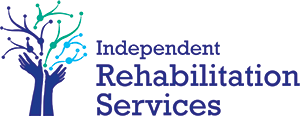
Neuro Speech Pathology is our expertise
What is Neuro Speech Pathology?
Neuro speech pathology refers to the assessment and treatment of communication and swallowing disorders that result from various neurological conditions such as stroke, traumatic brain injury, brain tumors, progressive neurological diseases (eg. Parkinson’s disease, Huntington’s Disease, Alzheimer’s disease), or other neurological disorders.
Neuro speech pathologists work with individuals who experience difficulties with speech, language, cognition, voice and swallowing as a result of neurological changes. They assess the client’s communication and swallowing abilities, identify specific impairments, and develop tailored treatment plans to help improve their functional communication and swallowing skills. Neuro speech pathologists are also able to provide education and support so clients can make decisions that benefit their quality of life, such as Eating and Drinking with Acknowledged Risk.
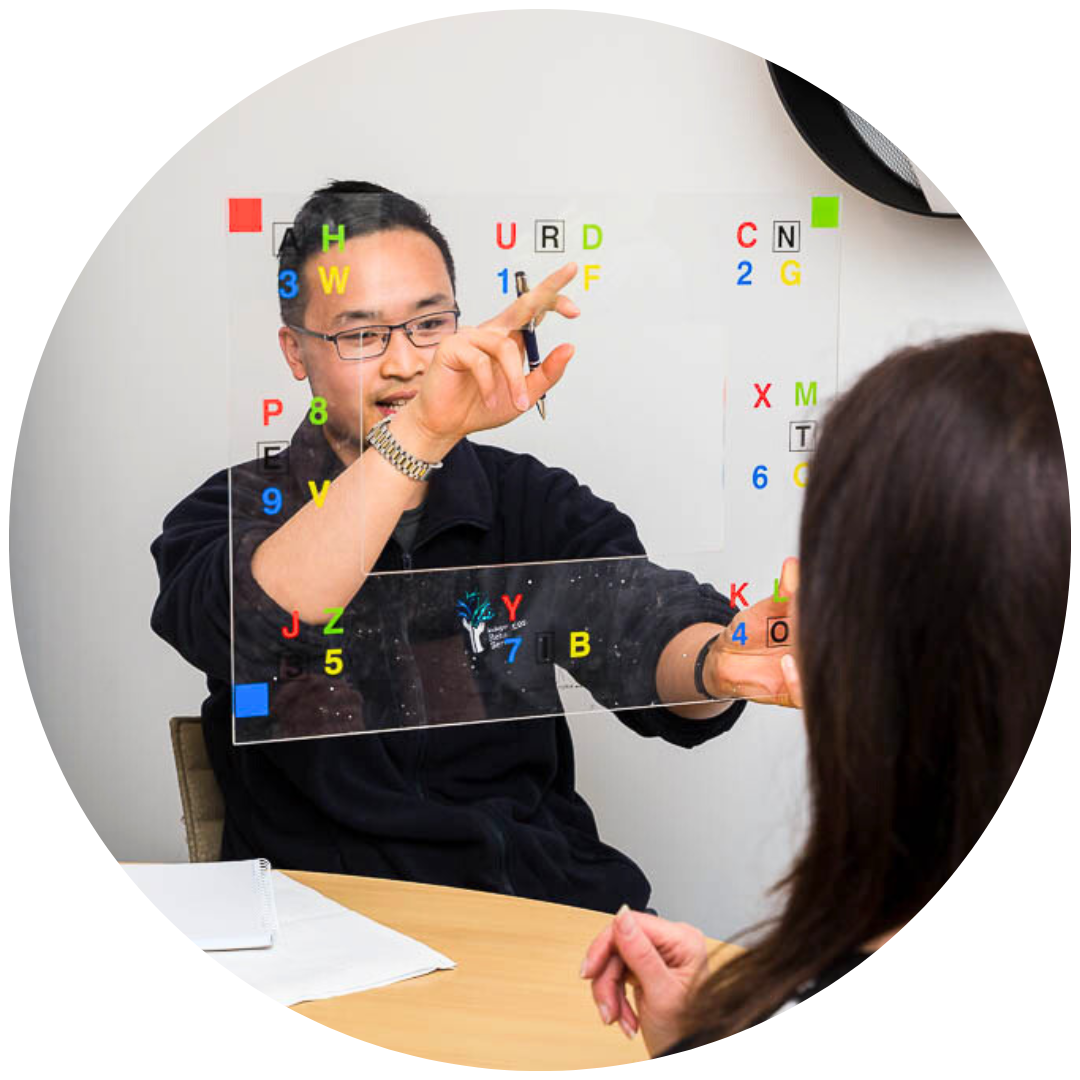

What are the benefits of Neuro-specific Speech Pathology?
– Specialised Assessment: expertise in assessing communication and swallowing difficulties specifically related to neurological conditions. They use specialised assessments to identify the unique impairments and challenges faced by each individual.
– Tailored Treatment Plans: based on their assessment findings, neuro speech pathologists develop personalised treatment plans that target the specific communication and swallowing needs of each patient. These plans take into account the underlying neurological condition, as well as the individual’s strengths, goals, and preferences.
– Multidisciplinary Collaboration: collaboration with other healthcare professionals, such as occupational therapists, physiotherapists and neuropsychologists (to name a few) to provide comprehensive care. This multidisciplinary approach ensures that all aspects of the individual’s neurological condition are addressed effectively.
– Holistic Approach: considers the impact of neurological conditions on various aspects of communication and swallowing, including speech production, language comprehension and expression, cognitive-communication skills, voice quality, and swallowing function. Treatment focuses on improving overall communication and quality of life.
– Rehabilitation and Recovery: through targeted interventions and therapy techniques, clients can make meaningful improvements in their communication abilities, functional independence, and overall well-being.
– Education and Support: provide education and support to individuals with neurological communication disorders and their families. They help them understand the nature of the condition, learn strategies to manage communication difficulties, and adjust to changes in communication and swallowing function over time.
Our approach
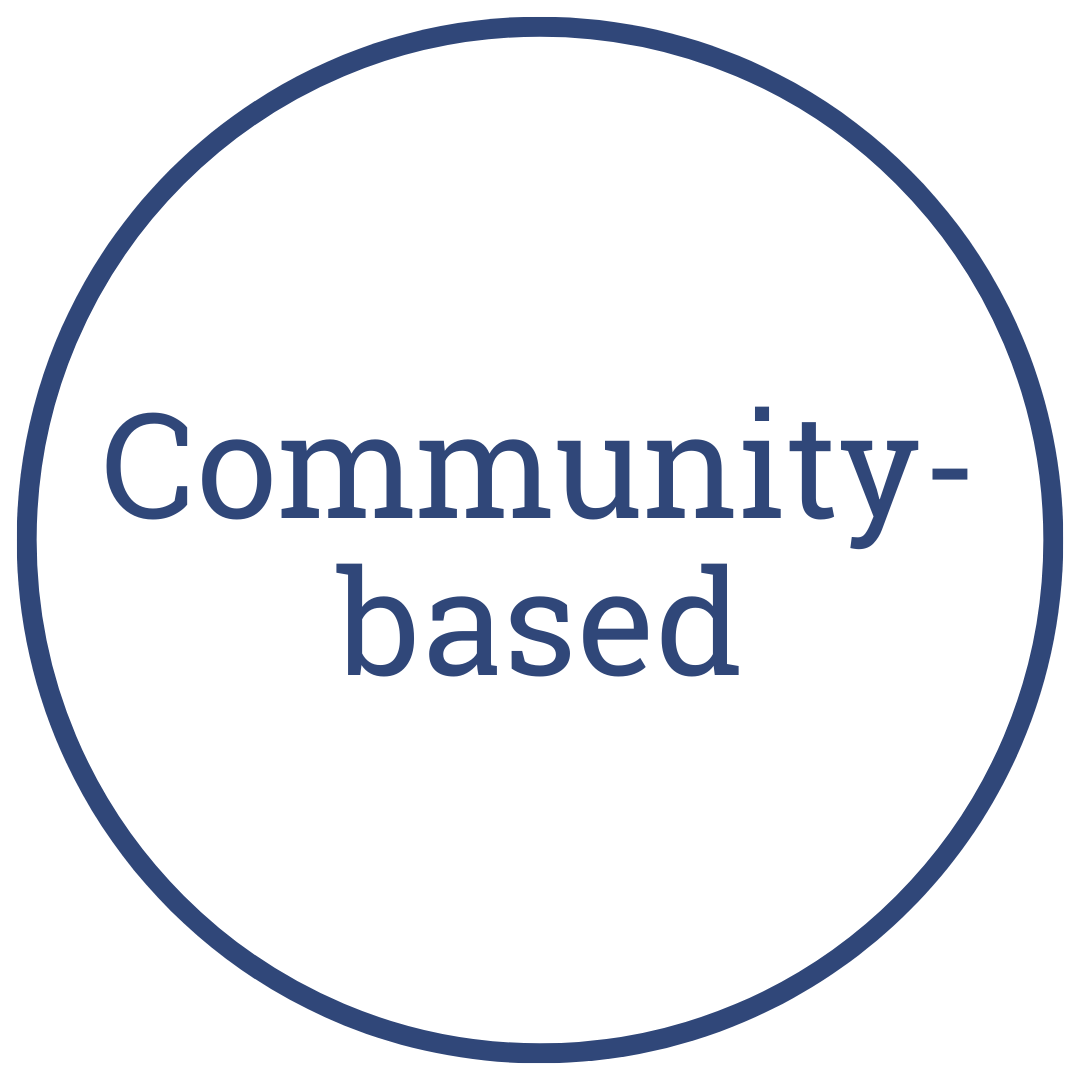
We establish programs in the home, place of residence or local community, to maximise function and achieve the best outcomes for all our clients.
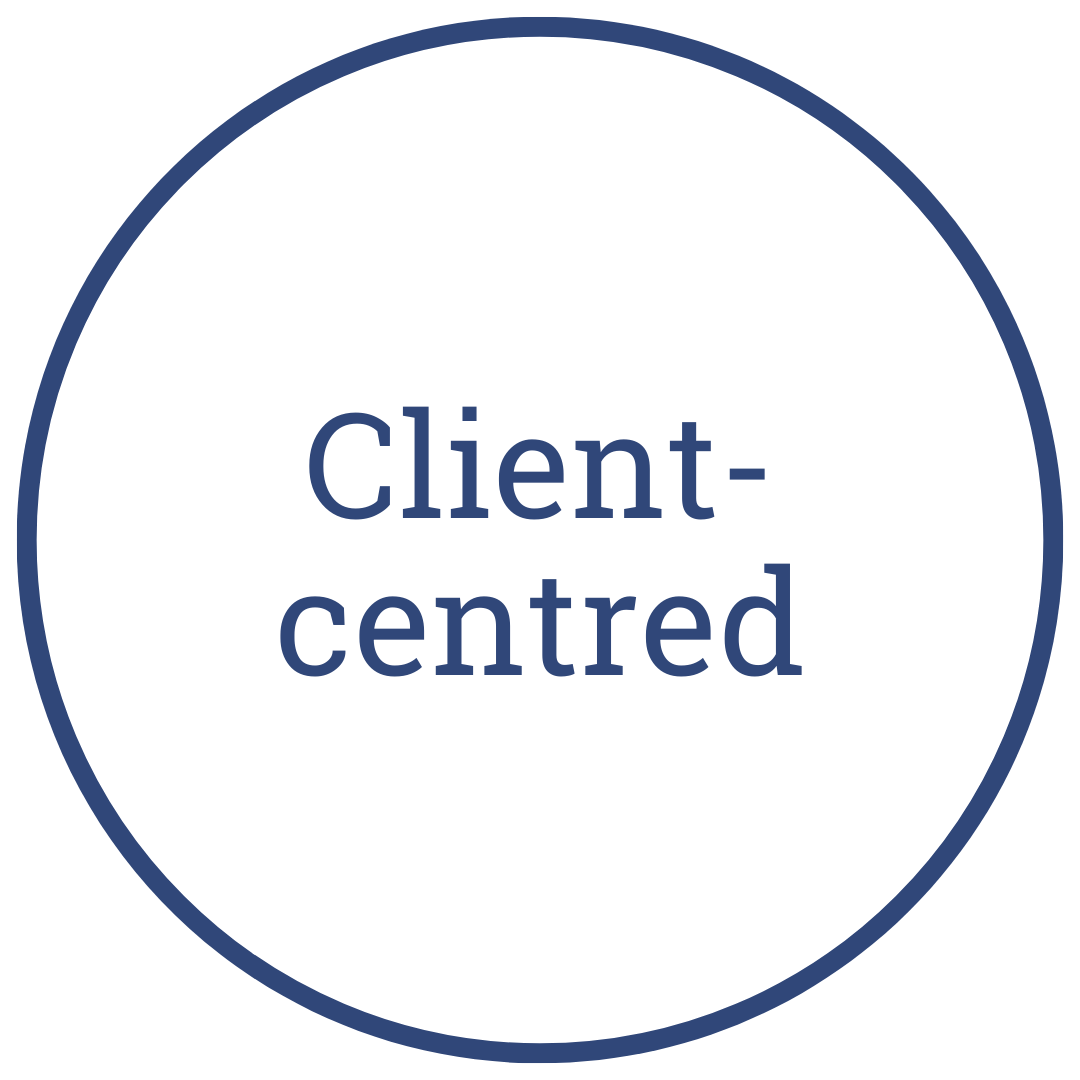
We have a whole person approach, we focus on the goals that matter the most to our clients and we advocate for our clients’ needs.
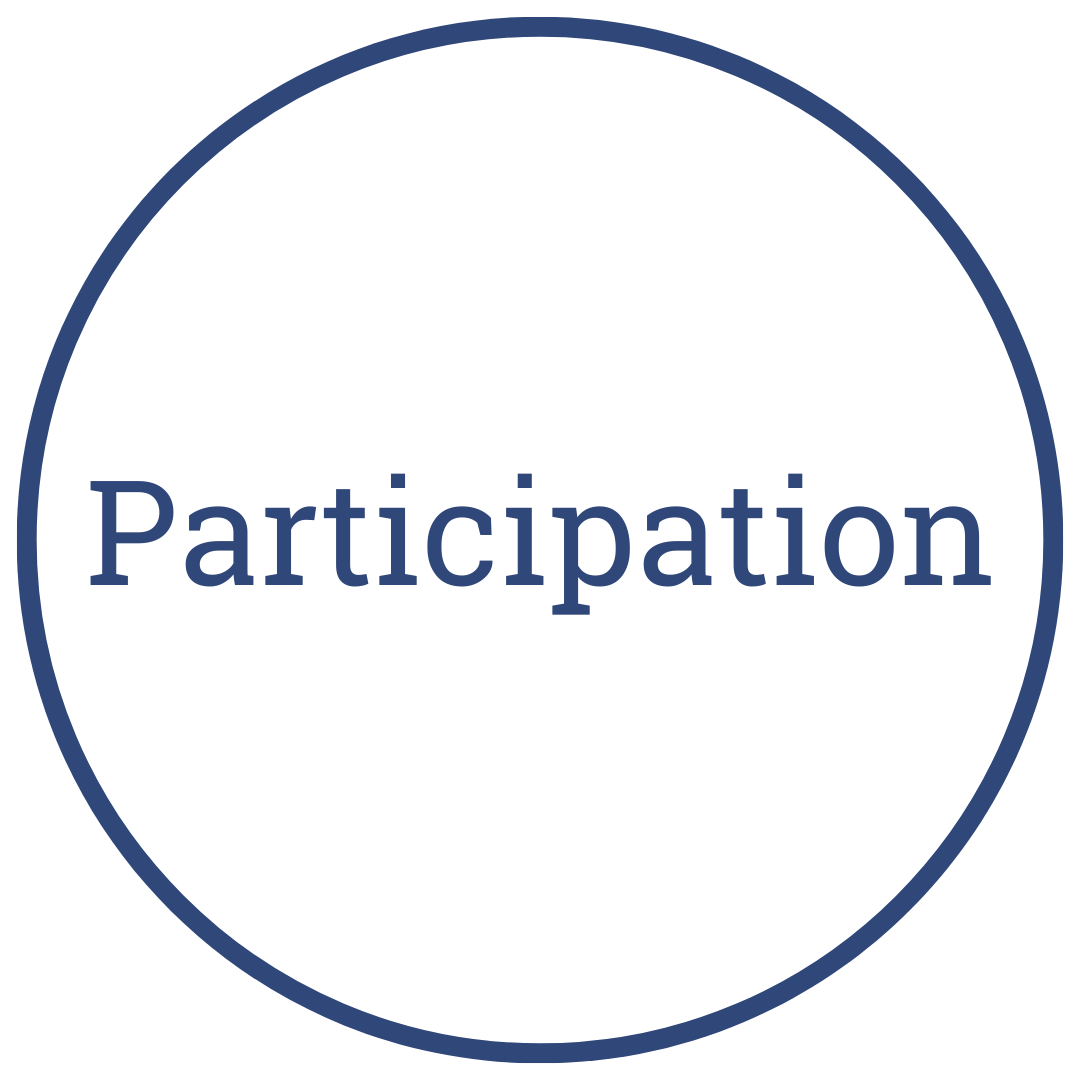
We believe every individual has the right to participate in their life and community and that change continues for a person as they integrate and gain independence in these areas.
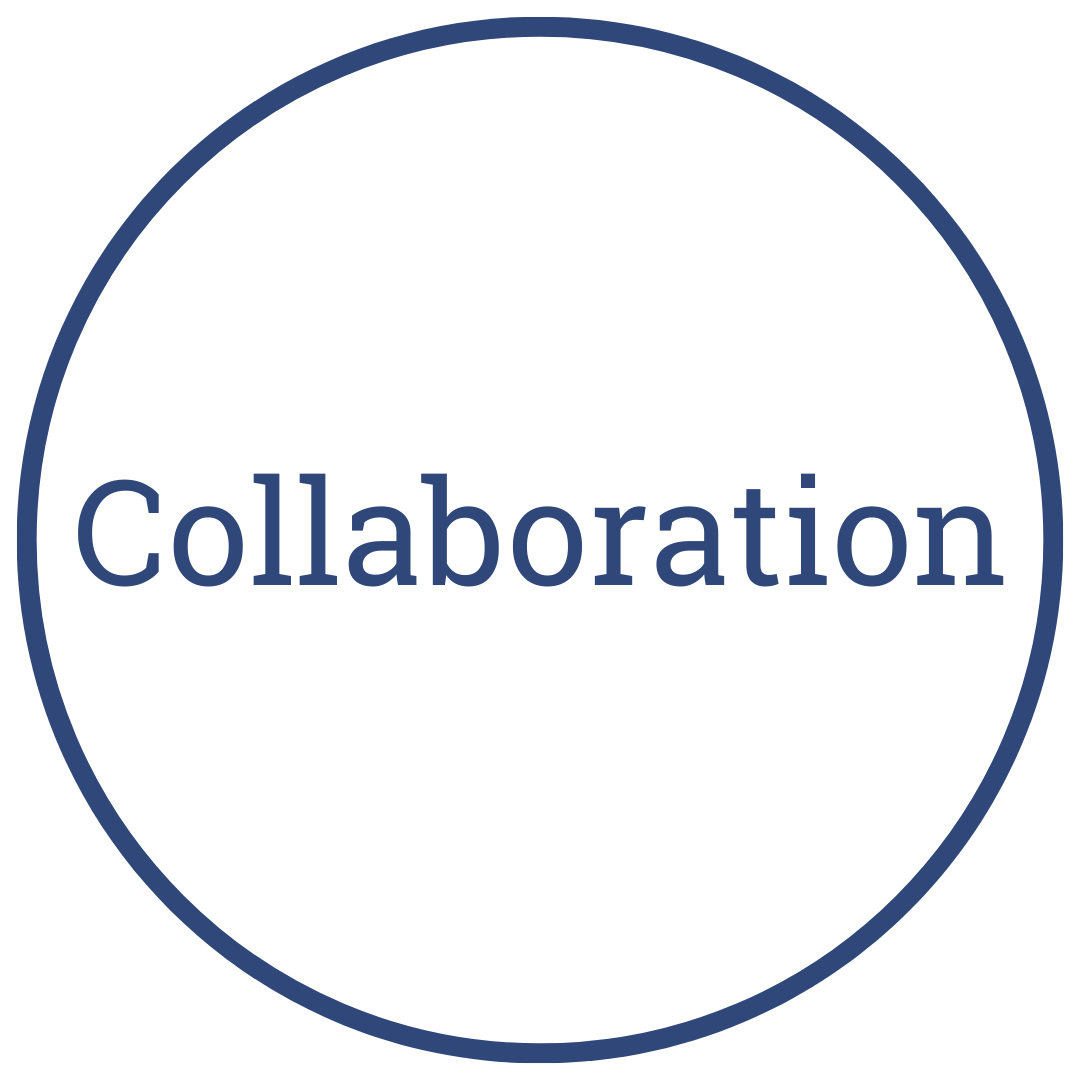
Working with a multidisciplinary team allows us to provide a holistic approach to our care. We also work closely with our client’s support system to maximise outcomes.

Besides the support we give our clients, our team receive boundless support to ensure they are assisted in the work they do.
Who we treat
- Adults (over 16 years of age)
- Funding types – NDIS, TAC, WorkSafe Victoria
- Privately funded
- Neurological diagnosis
- Greater Melbourne and Mornington Peninsula residents (telehealth available for clients outside of our service areas)
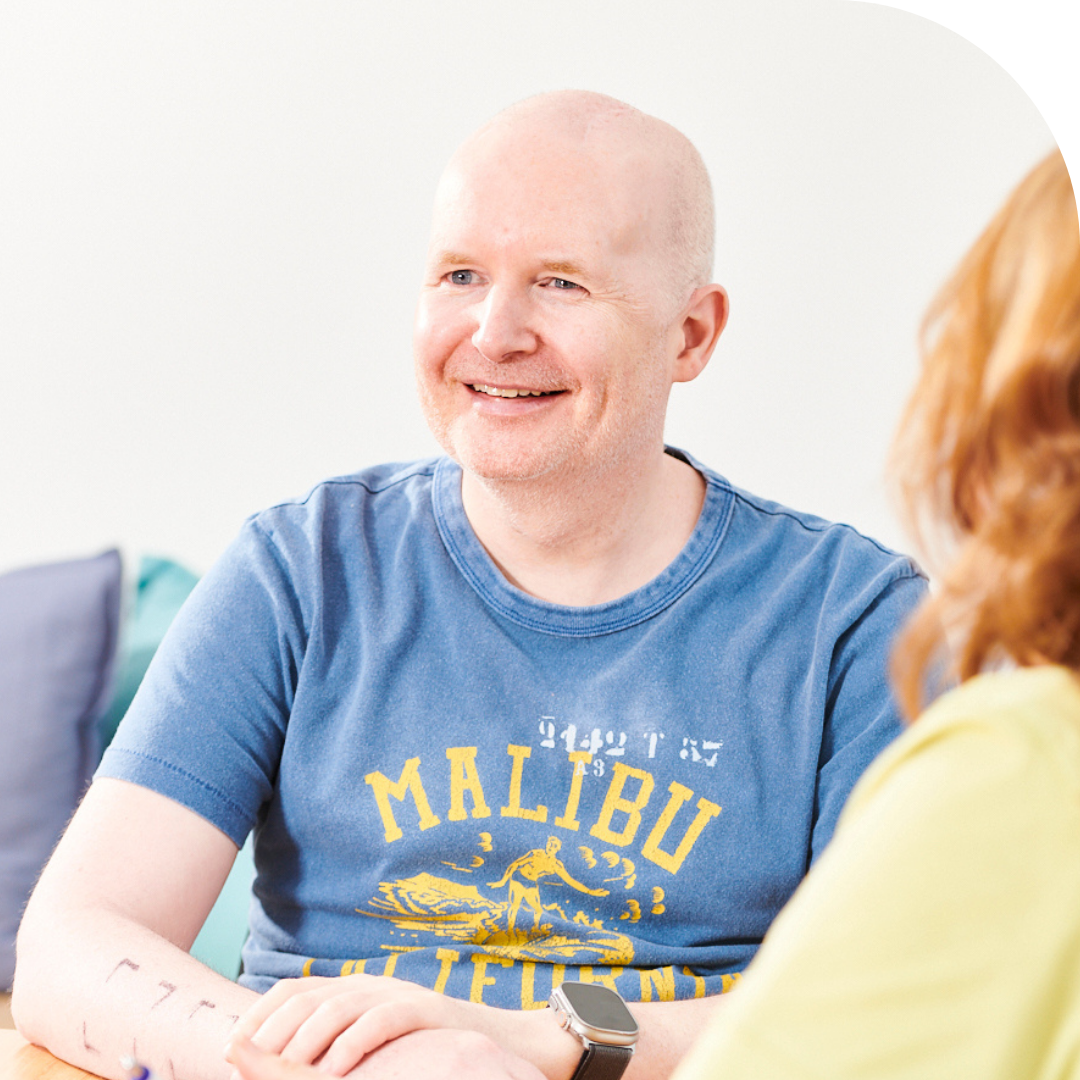
Conditions we treat
- Traumatic Brain injury
- Stroke
- Multiple Sclerosis
- Parkinson’s Disease
- Cerebral and Cerebellar Tumours / Post Surgical Management
- Hypoxic Brain injury
- Muscular Dystrophy
- Multi Systems Atrophy
- Spinocerebellar Ataxias
- Motor Neuron Disease
- Huntington’s Disease
- Functional Neurological Disorder
- Dementias including Primary Progressive Aphasia
This list is not exhaustive. If your condition does not appear here, get in touch to discuss your needs.
Our Speech Pathology services
Communication
- Comprehensive language assessment
- Client centred therapy, including impairment based therapy and functional input
- Provide information, education and support regarding changes to language (aphasia)
- Comprehensive speech assessment
- Client centred therapy, including impairment based therapy and functional input
- Assessment for neurological voice disorders, including voice changes related to Parkinson’s Disease
- Lee Silverman Voice Treatment (LSVT), either in person or via telehealth
- Speak Out Program – therapy for Parkinson’s Disease, either in person or via telehealth
- Including verbal communication, non-verbal communication, pragmatics, social cognition and interpersonal skills
- Comprehensive social communication assessment
- Client centred therapy, including impairment based therapy and functional input
Swallowing
- Comprehensive swallow assessment
- Further referral for diagnostic tests (e.g. videofluoroscopy) can be completed
- Mealtime management plan, made in consultation with client and their family
- Eating and Drinking with Acknowledged Risk (EDAR) education and recommendations
- Assessment to determine suitability for swallow rehabilitation program
- Implementation of swallow rehabilitation programs, if appropriate
- Oral hygiene assessment
- Oral care recommendations and education
- Comprehensive education and training regarding client’s swallow function, risks and recommendations
- Education and training provided to clients, family and friends, as well as support workers
Assistive Technology
- Prescription of Augmentative and Alternative Communication (AAC) systems
- High tech devices including electronic communication devices, as well as low tech such as communication books
- Thorough education and training for the client and their communication partners, through all stages of taking on assistive technology
Activity Based
- Education regarding areas of communication that may impact work / volunteer roles
- Input targeting return to works skills and roles
- Collaboration with multidisciplinary team
- Monthly group, facilitated by multi-disciplinary team
- Opportunity for clients to work on social communication therapy goals in a functional setting
- Monthly group, facilitated by Mandarin speaking Speech Pathologist
- Opportunity for Mandarin speaking clients to target their communication goals in a functional setting
Meet our team of Speech Pathologists
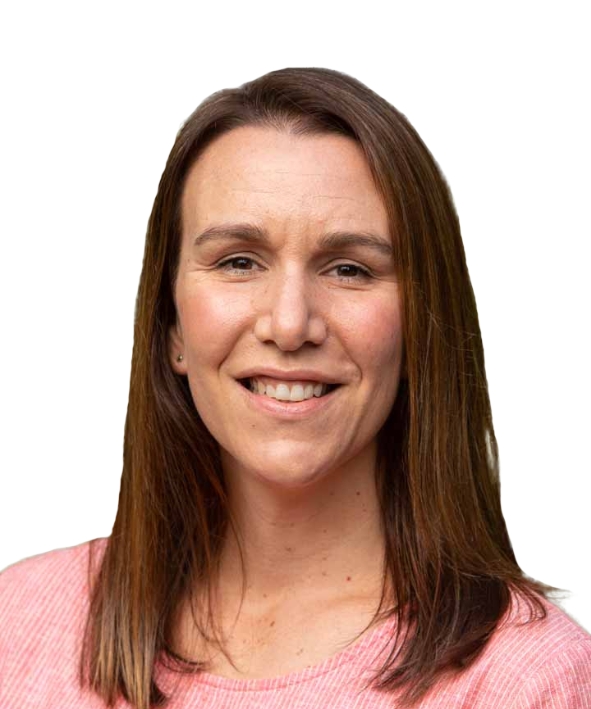
Amber Burnham
Senior Speech Pathologist, Speech Pathology Team Leader
Expertise in managing traumatic brain injury, stroke, language and speech, progressive neurological disorders, primary progressive aphasia, dysphagia and Augmentative and Alternative Communication (AAC)
Read more

Talia Lipschitz
Senior Speech Pathologist
Expertise in managing aphasia, dysarthria/speech, dysphagia, apraxia, Alternative and Augmentative Communication (AAC), cognitive-communication disorders and voice.
Read more

Janie Sargeant
Senior Speech Pathologist
Expertise in managing progressive neurological disorders, aphasia, apraxia, cognitive-communication disorders, dysphagia and prolonged disorders of consciousness.
Read more
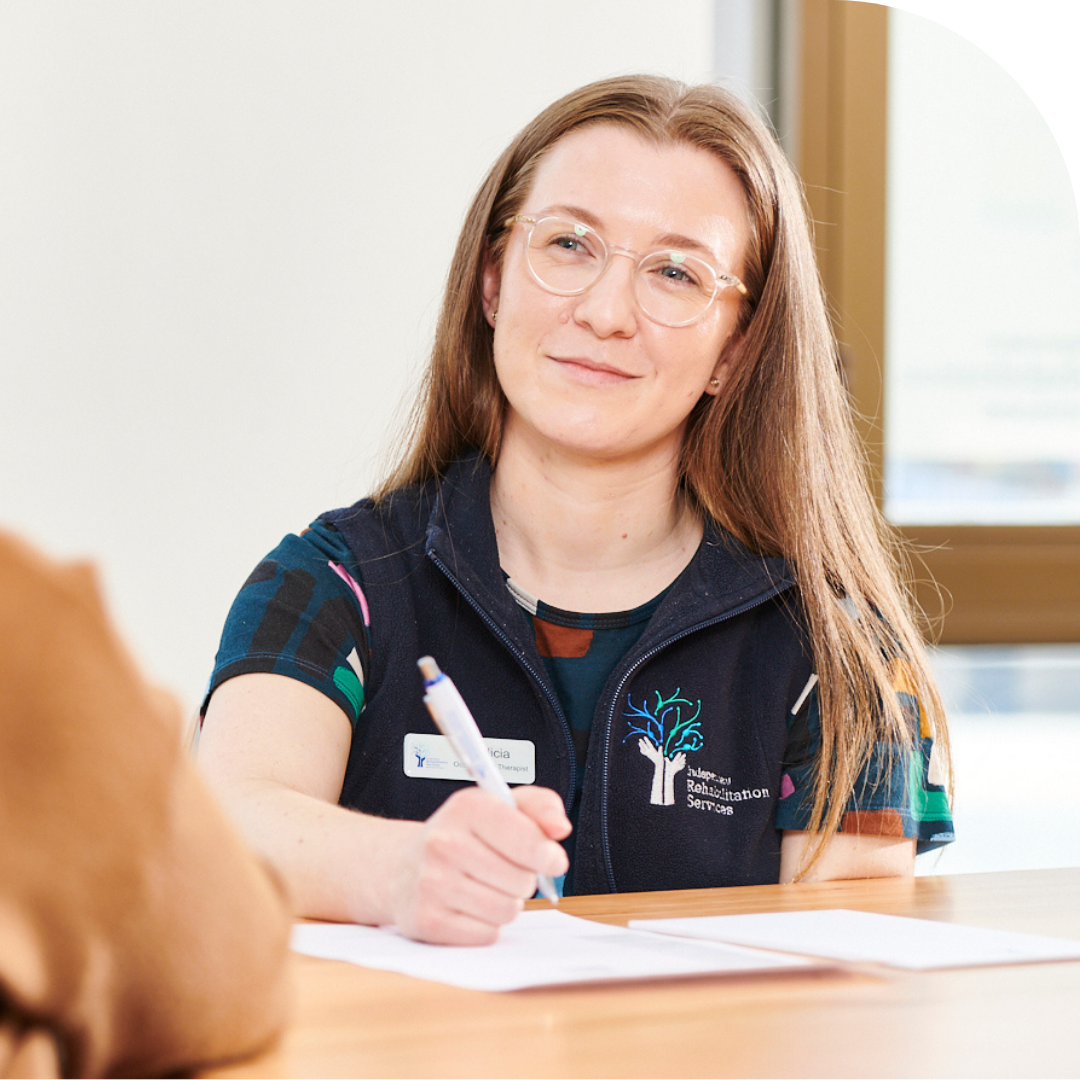
Why refer to us
- IRS has been in operation for 25 years
- Expertise in managing complex neurological conditions
- Collaboration with other healthcare providers
- Evidence-based treatment approaches
- Tailored programs to meet individual needs
Phone
